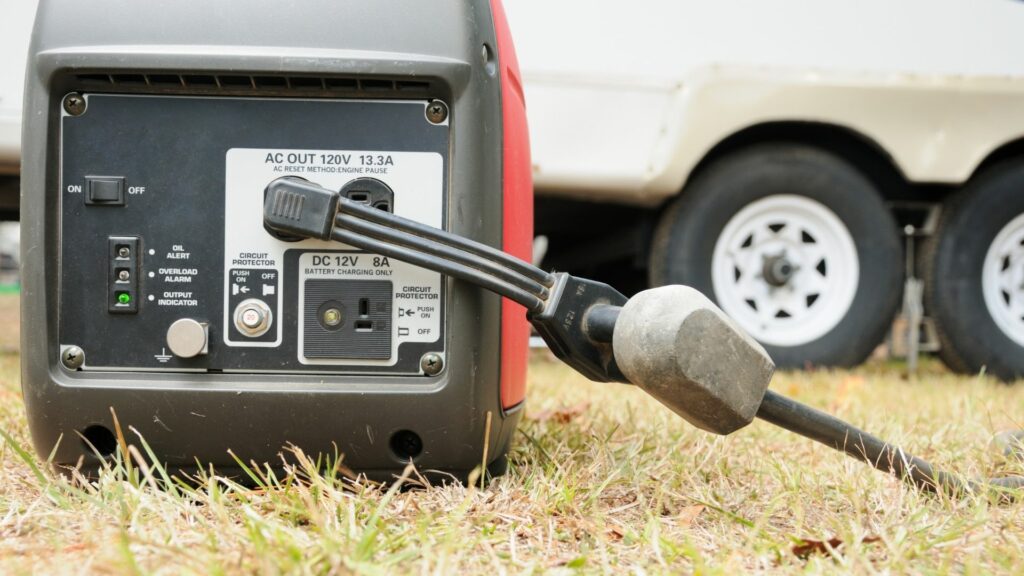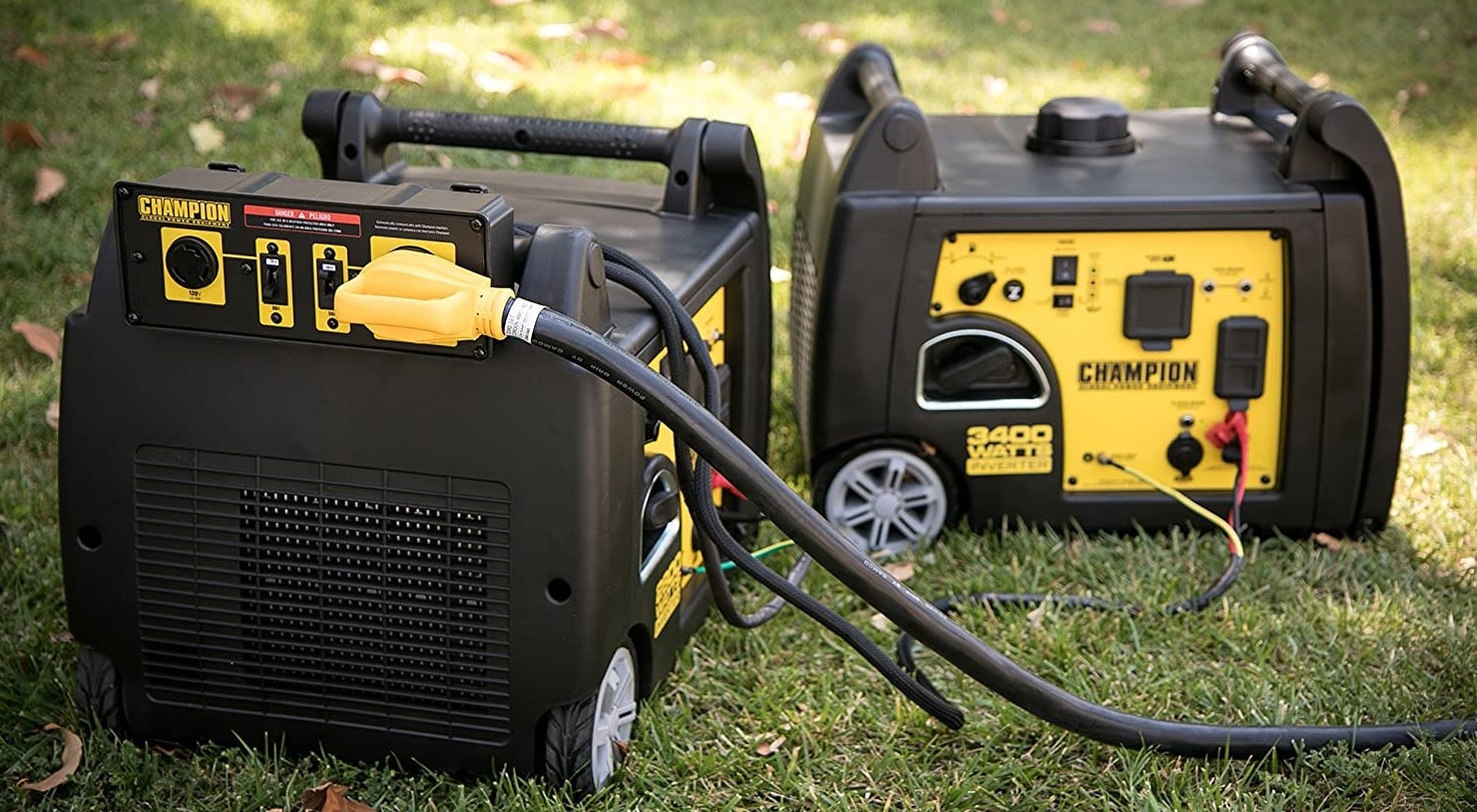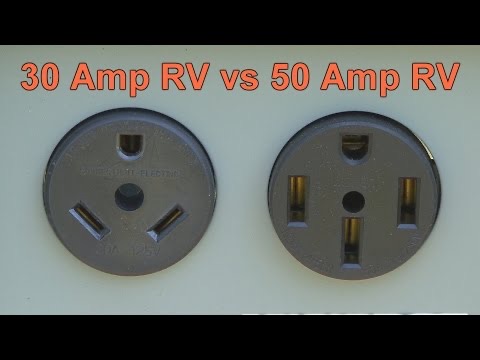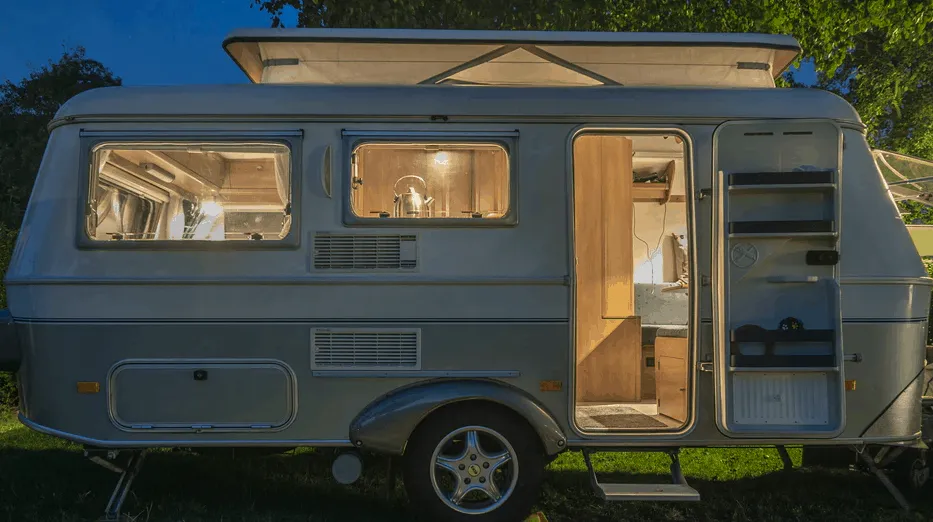What size generator for a 30 Amp RV? It’s best to buy a generator that can generate at least 3,000 watts for a 30 amp RV at the very least. You might be cutting it close if you run the air conditioning unit and microwave something at the same time. A 30-amp RV needs up to 3,600 watts of power. To make sure that you won’t run out of power when you turn on all of your appliances, I recommend purchasing a generator rated at least 3,600 watts.
Here at Linquip, you will find all the information you need about RV generators. At Linquip, we provide a comprehensive list of the top RV generators on the market, making it easy to find one that fits your needs. You may want to check out Linquip’s “What Is Generator?” page to get a basic idea of what Linquip can offer you.
Are you looking for a generator for your RV? Are you looking for a specific type of product? Linquip’s database of Generator Products on the website features a variety of generators, so you can search through it. This service allows you to find the best RV generator equipment at the best price based on your specific requirements. With Linquip, you can find Generator Suppliers and Companies and receive free quotes shortly afterward.
To fully enjoy your RV, you need a reliable, efficient generator. However, replacing or upgrading a generator can be a confusing process filled with confusing terms and terminology. For your RV’s 30-amp generator, we’re going to share the best and most straightforward way to find one.
30-Amp Service Basics
Let’s start by explaining what 30-amp service is in RVs. The amperage and voltage of RV electrical systems determine how much power can be passed through at any given time, meaning that there are huge differences between 30- and 50-amp services.
Here, the plug is of the utmost importance. In RVs with 30-amp systems, plugs have three wires: 120V, neutral, and ground. 50-amp systems have four wires: two 120V, neutral, and ground.
The relationship between amperage and wattage can be expressed via the formula amperage = wattage/voltage. Because we already know the amperage and voltage for 30- and 50-amp services, we can easily calculate their maximum wattage.
Therefore, the wattage for 30-amp service could be calculated as 120V x 30A, which would be 3,600 watts, and for 50-amp service, the wattage would be calculated as 2 x 120V x 50A, which would equal 12,000 watts.
Despite the apparent small difference in amps between 30-amp and 50-amp services, the difference in power is quite significant. 50-amp service can handle three times the power of 30-amp service!
As a result, 30-amp service is typically installed in RVs that aren’t equipped with many appliances and equipment. For those who need a higher wattage, 50-amp services are usually offered by RV manufacturers. Nevertheless, if your power needs can be met within those 3,600 watts, then you don’t have to go for 50-amp service because it would be overkill.

How Do I Choose a 30 Amp Generator?
Typically, generators are installed beneath RVs, but this isn’t always the case. Your RV generator may also require replacement or supplementation. Our objective in this section is to provide you with information about choosing a generator for your 30-amp RV.
Generator Wattage
Multiplying amperage by voltage is the formula for calculating the maximum power available from a 30-amp service. In this case, 30 amps multiplied by 120 volts would equal 3,600 watts. As a result, we can determine that a 30-amp RV needs a generator that can produce 3,600 watts or less. Thus, to power a 30 amp RV, you won’t gain anything by getting a 5,000-watt generator. The extra 1,400 watts are essentially wasted energy.
A larger generator would be recommended for more intensive applications that will power your RV. However, a 3,600-watt generator isn’t necessarily needed just because your RV needs a maximum of 3,600 watts.
In simple terms, those 3,600 watts are the maximum you can use at the same time in your RV. Often, you will need less power than the maximum of 3,600 watts.
You must break down wattage requirements appliance by appliance to estimate the wattage your RV needs. Startup watts refer to the amount of power that an appliance draws to get up and run. Running watts refer to the power an appliance consumes as it continues to operate.
Your RV may require the maximum amount of power at one time by adding up the startup wattages of all its appliances. But it’s unlikely you’ll have every appliance running at the same time. The best way to maximize your generator’s efficiency is to run appliances one at a time. Besides reducing fuel consumption, it will extend the life of your generator as well.
In any case, your RV’s largest appliance should be able to start with a generator that is powerful enough to provide enough startup power.
This is usually your air conditioning system. For example, if your air conditioner requires 1,600 watts at startup and 1,010 watts at running, you’ll need a generator that’s at least 1,600 watts. The only problem is that while your A/C is on, you can’t use any other appliances. As a result, you are also more likely to pop a breaker or blow a fuse. To allow some room for additional devices, it’s always a good idea to have some extra wattage.
Parallel Operation of Generators
There’s less demand for this for RVs using 30 amps than for RVs using 50 amps, but it’s still worthwhile to mention.
The power you need for your RV, its appliances, and any other devices you wish to use may be beyond what a single generator can supply. If so, you may be able to hook up a second generator to boost your power capacity. It is possible to run two generators simultaneously, but only if they have been designed for parallel operation.
Parallel capability is usually enabled by purchasing an additional cable.

Weight
You’ll have to get it into and out of your RV. Additional weight will also result in higher RV fuel consumption. If possible, hook up two lighter generators together so that they can move easier. Furthermore, you may find that you only need to use one generator at a time, thereby saving money on generator fuel and lowering noise levels.
Noise Level
When you want to avoid your generator keeping you up at night or disturbing your neighbors in the RV park, you have to consider noise.
A normal human conversation has a decibel level of 60. If you are trying to fall asleep, every little bit of noise can be distracting, so make sure your generator doesn’t produce much noise.
When these 30-amp RV generators are operating in their respective economy modes, they produce between 55 and 70 decibels.
Fuel Type
RV generators typically run on either gas, propane, or diesel fuel.
Generators that run on diesel fuel are designed for maximum power, so if your RV runs on diesel fuel, you might want one as well.
It makes more sense to use a gas-powered generator for an RV that runs on gas because gas can be found almost anywhere. A gas-powered inverter generator generally uses less fuel and is more economical than a standard gas generator.
Propane generators are more environmentally friendly since they produce cleaner emissions and have extended shelf lives. Fuel tank size is mainly responsible for determining how much power a generator of this type can produce. However, the availability of propane may be more limited in some places than gas.
Also available are dual-fuel generators that can run on more than one type of fuel. As a result, you have a backup fuel source in case one runs out. Generates of this type are very efficient and require less fuel to store. However, they are among the most expensive types of generators.
Portability
It’s not the lightest product on the market, and if you have to move them around frequently, you may not want to strain your back when lifting a generator that weighs upwards of 80 pounds.
An essential feature of the best generator is a collapsible handle and solid, never-flat wheels. If you intend to move the generator frequently, look for these features.
The Benefits of Using an Inverter Generator
You should go with an inverter generator for your RV mainly because they are extremely quiet when compared to standard generators.
With an inverter and engine combined into one unit, the alternator maintains its output voltage regardless of the load. This means the generator is not only quiet but also more fuel-efficient.
Additionally, this type of generator produces clean power, which can be used to run modern devices such as TVs, computers, and video game consoles.
You won’t have any trouble running everything on your RV with an inverter generator since they provide both AC and DC power (though not necessarily at the same time).
Is It Possible to Plug in a 30-Amp RV to a 50-Amp Power Source?
It is common for RVers to wonder whether a 50-amp RV can be powered by a 30-amp power source. On the other hand, not everyone is sure if a 30-amp RV will operate with a 50-amp power source.

Even though it’s a little off-topic, we think you’ll benefit from knowing the answer to this question to better understand what 30-amp vs. 50-amp services are.
Having an adapter on hand will make hooking up your 30-amp RV to the campground’s 50-amp electrical system no problem at all. It’s much easier to plug in a 30-amp RV to a 50-amp power source than the reverse.
Using a 30-amp power source to power a 50-amp RV won’t allow you to utilize your RV’s full 50-amp electrical system. The 30-amp system delivers much less power – 3,600 watts – and if you try to draw more power than the campground’s system handles, it will simply trip the breakers.
However, if you try to take more power than 3,600 watts (the maximum your RV will handle), you will trip the circuit breaker of your RV. This is because your RV cannot supply more than 3,600 watts of power.
Using a 50-amp electrical system with a 30-50-amp adapter should allow you to power your 30-amp RV without any problem.
What Are the Main Sources of Power Consumption in Your RV?
Listed below are some common RV appliances and the wattage they use. For more exact measurements, refer to the owner’s manual for your RV or device.
Air Conditioning
Unless you have good insulation, your air conditioner shouldn’t need to run continuously, but if it’s blisteringly hot outside, you might have no choice.
RV air conditioning units use around 2,000W when they start up and 1,500W when they maintain their power levels. When you turn on your air conditioner, you can only use 1,600W along with your other appliances and electronics. The rest of your power needs are covered by 2,000W when it’s running.
Other Appliances
A few other common RV appliances have the following power ratings:
- Small refrigerator: 500W for starting and 300W for running, but larger refrigerators can consume 800W
- 6-gallon water heater: at least 1,000 watts
- Microwave: 1,000W
- TV: For a 30″ LCD, you need 60W
- Toaster: 1,200W
- Crockpot: 230W
- Hand vacuums: 240W
- Laptops: 250W
To avoid straining the 30A RV’s electronics, you need to use them wisely. For example, it may be necessary to temporarily switch off one major appliance to make way for another. You might want to look into a 50A RV with two 120V lines that can run for up to 12,000W if you plan to live there full-time.
Generally, you should be okay with a 3,000W generator or a 3,500W one to be safe. The system is limited to 3,600W, so a 4,000W generator may be fine, but it will waste 400W and waste fuel.

Download PDF for What Size Generator for 30 Amp RV
Click on the link below to download the PDF file of this article if it would be more convenient for your future reference and reading.
linquip. com-What Size Generator for 30 Amp RV
Buy Equipment or Ask for a Service
By using Linquip RFQ Service, you can expect to receive quotations from various suppliers across multiple industries and regions.
Click Here to Request a Quotation From Suppliers and Service Providers
Read More on Linquip
- What Size Generator for 50 Amp RV Do I Need? (Clear Guide)
- What is the Right Size Generator for a 50 Amp RV? A Complete Guide
- What Size Generator to Run AC? (A Complete Guide)
- What Size Generator Do I Need To Run A Refrigerator?
- What Size Generator Do I Need? (Clear Guide)
- Electric Generator Maintenance, Repair, and Services
- Gasoline Generator Repair and Maintenance
- How Much Does It Cost to Install a 22kW Generac Generator?
- How Long Can A Standby Generator Run Continuously? A Comprehensive Guide
- What Is the Difference Between a Whole House and a Standby Generator? The Best And Most Complete Guide)
- Can I install a Standby Generator Myself? (An All-In-One Guide)
- How to Connect a Generator to Your Home? (Best Guide)
- How Long to Wait After Using Ozone Generator? Best Guide
- More Details about Siemens Generators
- More Information about Siemens Generators Services
- Read More Information about Siemens Generator Installation Services
- Read More Details about Siemens Generator Maintenance Services
- More Information about General Electric (GE) Generators
- More Information about GE Generator Services
- More Details about GE Generator Installation Services
- More Details about GE Generator Maintenance Service
- What are Alstom Generators? (Clear Guide)



